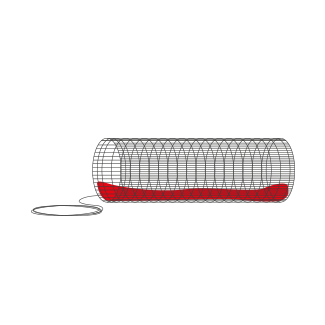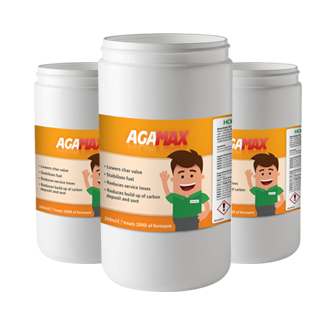Heating Oil Tank Maintenance
Oil tanks are a safe and reliable way to heat your home, however good maintenance is necessary to ensuring your oil tank lives a long and happy life. Leakages lead to heightened fuel costs, environmental damage and a polluted garden. Preventing this is simple when following HomeFuels’ maintenance guide.
It's recommended that you have your oil tank serviced once a year by a registered Oftec technician. We know that this can often be overlooked and forgotten. If you haven't had your tank serviced then it might be time to carry out some checks yourself.
Read Our Oil Tank Checklist

Prevent Water Build Up
It's always best to prevent problems rather than pay the price when things go wrong. Heating Oil tanks are prone to being contaminated with water. Water can build up through condensation, leaks and by poor quality oil.
Water in your heating oil tank is one of the most common causes of heating system failures. One solution to internal water build-up is the Homefuels Direct Water Soaker, which can effectively remove the water from your tank before permanent damage can be done.
View our Water Soaker
Prevent Sludge Build Up
When carrying out your oil tank checks you may well find a build up of dark sludge. This sludge is a build up of dirt, dust and micro-organisms. This sludge can lead to severely decreased boiler efficiency and can cause system failures.
The best way to prevent the build up of sludge is to use a heating oil additive like our AdMax Premium addtiive. The additives help break down the sludge and prevent it's build up in future.
View Our Heating Oil Additives
Oil Tank Care Checklist
We've created this checklist of things you should bear in mind when you next check your heating oil tank. It's important to check your oil tank regularly.
Ensure that your tank is easy to access, away from undergrowth, trees and obstacles. This means your tank is less likely to sustain damage and makes it easier to deliver oil to your tank.
Bunded tanks can have water trapped in the gap between the external and internal tanks, the mixture of water, rust and oil can lead to a nasty sludge collecting and eroding the tank from the inside out. Owners should perioudically check the bund for oil, rubbish, plant matter and water.
To maximise their lifespan and efficiency, tanks should be cleaned once every five years.
Water can often build up in heating oil tanks due to condensation and cracks in the tank. It's important to limit the build up of water as when water in your home heating system can lead to serious problems including boiler failure.
To remove water from your tank it's worthwhile to invest in a Water Soaker, the device is lowered in to the tank and absorbs any water that could otherwise damage your entire system.
Check the entire surface of your tank for any sign of rust, corrosion, dents or deep scratches. This kind of damage can easily cause a crack in your tank.
To prevent damage make sure your tank is well sheltered from the elements; snow, ice, falling branches and high winds all have the potential to damage an oil tank. Other signs of a crack include an unexplained increase in oil usage, stained soil on the ground below, or a strong diesel-like odour surrounding the tank.
Cracks can lead to leaks which can be extremely expensive and can have serious environmental consequences. Be sure to check your tank regularly and replace your tank if you see a crack.


